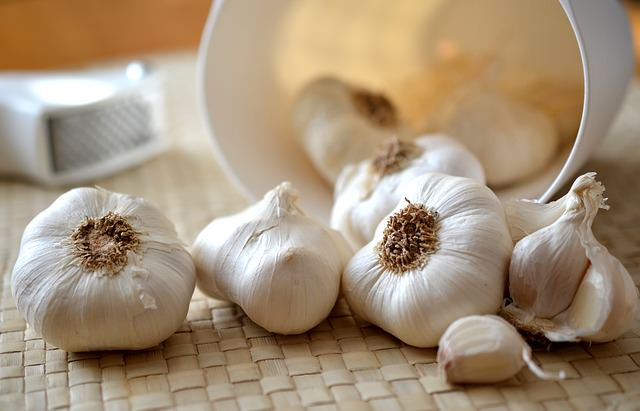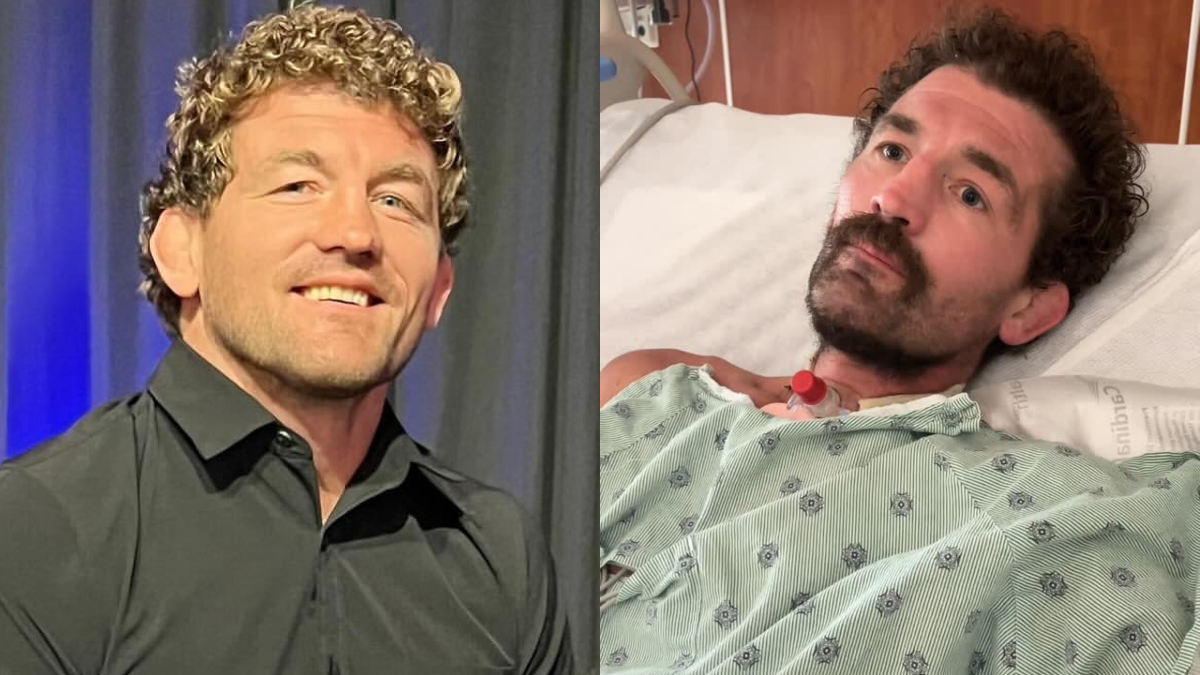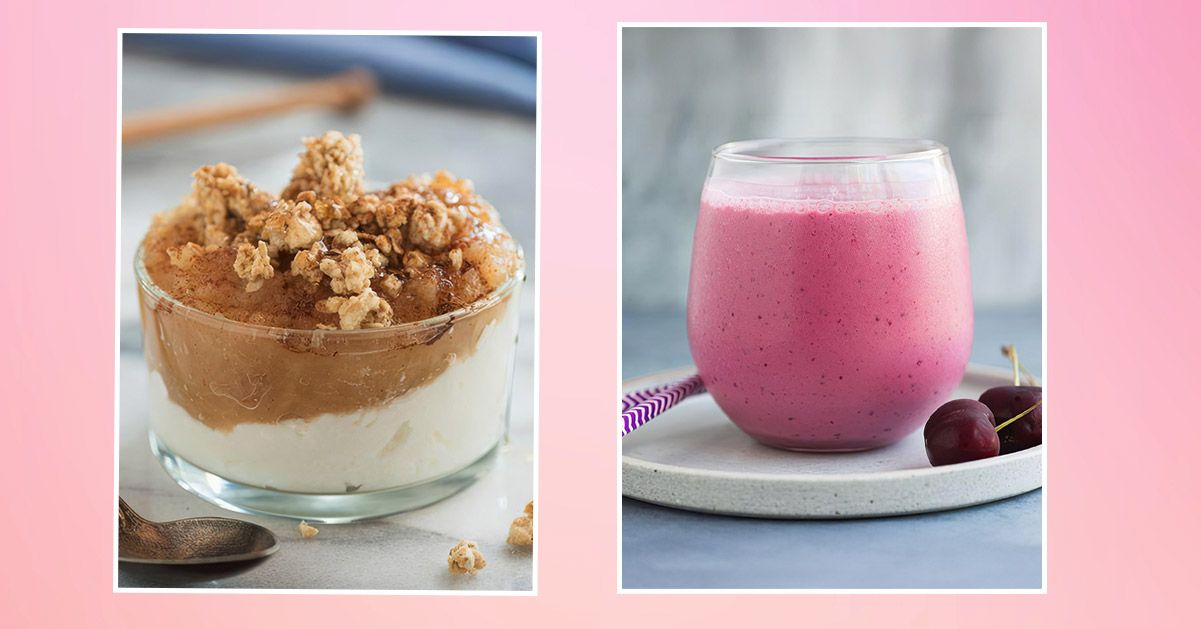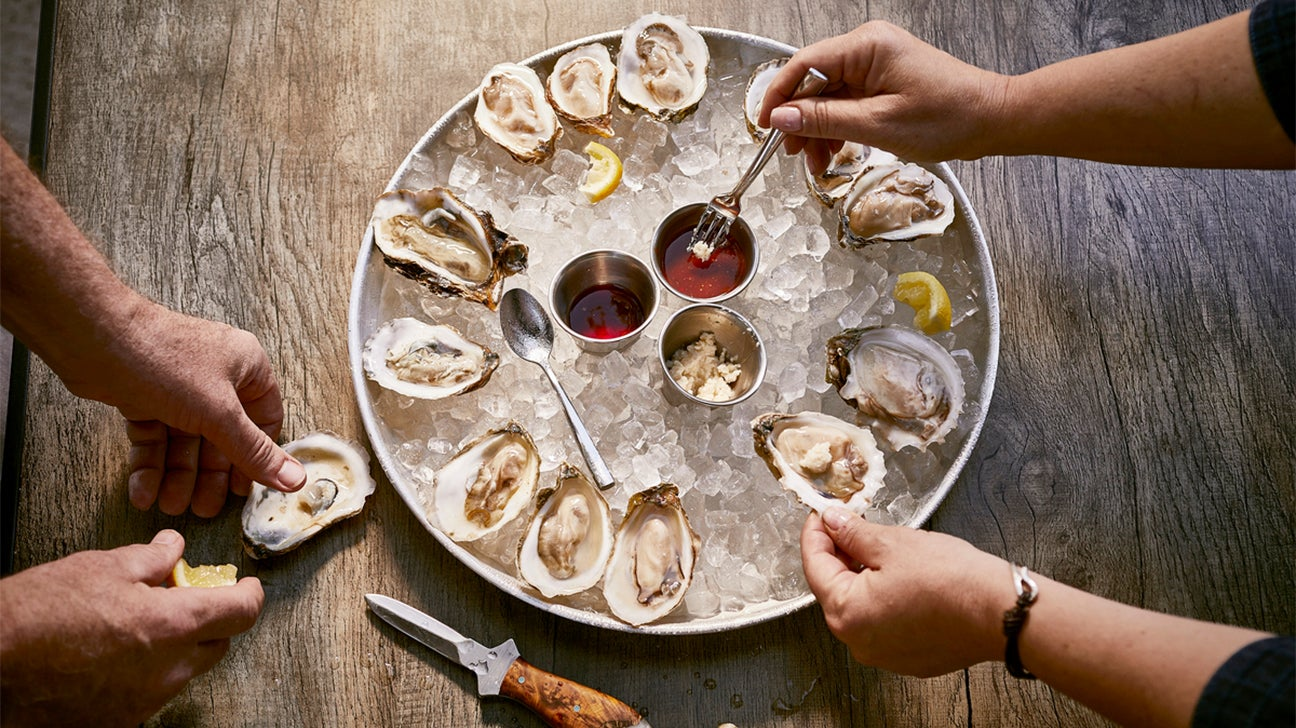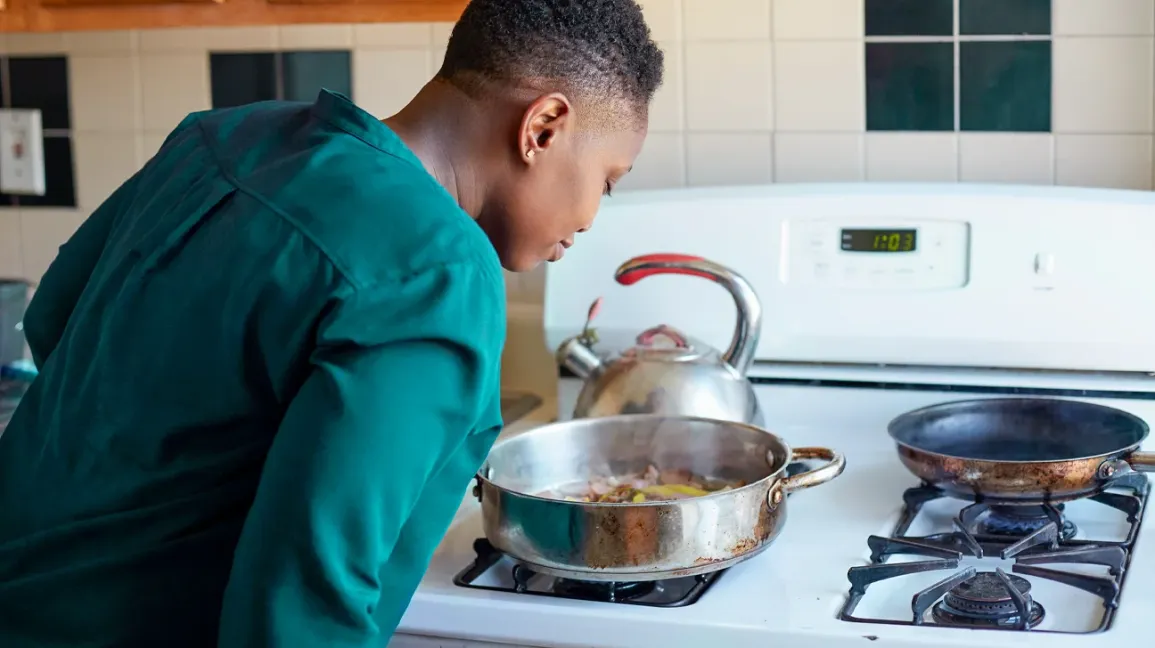Herpes isn’t just physically uncomfortable—it can be emotionally draining, too. Whether you’re managing HSV-1 (oral herpes) or HSV-2 (genital herpes), flare-ups tend to hit at the most inconvenient times. So it’s no surprise that many people search for natural ways to ease symptoms and prevent future outbreaks.
The good news? While there’s no cure for herpes, several home remedies and lifestyle tweaks can help make flare-ups shorter, milder, and less frequent. From immune-supporting foods to soothing essential oils, there’s a wide range of natural options worth exploring.
Let’s break down the remedies that are actually backed by science—and the ones you should skip.
What Is Herpes, Really?
Before we dive into the remedies, let’s get clear on what we’re dealing with.
Herpes simplex virus comes in two forms:
- HSV-1 typically causes cold sores or fever blisters around the mouth, but it can show up genitally through oral sex.
- HSV-2 is primarily responsible for genital herpes and spreads through skin-to-skin contact, even if no sores are visible.
According to the World Health Organization (WHO), an estimated 4 billion people globally carry either HSV-1 or HSV-2. Once infected, the virus stays in your body for life, often lying dormant between outbreaks.
Prescription antivirals (like acyclovir or valacyclovir) are still the gold standard for controlling herpes—but many people also turn to home remedies for additional relief.
🚨 Can You Treat Herpes Naturally?
Sort of. While you can’t “cure” herpes naturally (or at all), some natural remedies may relieve symptoms, reduce outbreak frequency, and support healing.
That said, don’t toss your meds just yet. Most home treatments are based on test tube or animal studies—not human clinical trials. So while promising, these options should complement, not replace, a doctor-approved treatment plan.
🧴 Top Home Remedies for Herpes Relief
1. Cool Compress
If you’ve got a sore, cold compresses are a go-to. They help:
- Reduce swelling
- Ease pain
- Soothe irritation
Pro tip: Wrap ice in a soft cloth and apply for 15–20 minutes every few hours. Never apply ice directly—this can damage your skin.
2. Apple Cider Vinegar (Diluted!)
ACV has natural antiviral and anti-inflammatory effects, but it’s very acidic. Always dilute it with water or apply via ACV-based skincare products.
⚠️ Warning: Applying undiluted ACV can sting or worsen irritation.
3. Garlic (With Caution)
Garlic contains allicin, which has antiviral effects in lab studies. But raw garlic can burn sensitive skin. Use garlic-infused creams or take it as a supplement instead of direct application.
🥑 Foods That Help (and Hurt) During Herpes Flare-Ups
What you eat can directly impact how often you experience outbreaks. Here’s what science—and some celebs—are adding to their plates.
✅ Herpes-Fighting Nutrients
Vitamin C
Immune-boosting and antioxidant-rich, vitamin C may help shorten outbreaks.
Top sources:
- Bell peppers
- Strawberries
- Oranges
- Papaya
🍊 Pop culture tip: Celebs like Gwyneth Paltrow and Kourtney Kardashian have been big on vitamin C powders and shots for immunity.
Zinc
This trace mineral plays a crucial role in immune response and wound healing.
Get more from:
- Oats
- Chickpeas
- Eggs
- Beef
Zinc lozenges or creams might even help when applied directly to cold sores.
Vitamin B12
Low levels of B12 could be linked to more frequent herpes reactivations.
Found in:
- Eggs
- Tuna
- Fortified cereals
- Dairy
Omega-3 Fatty Acids
Anti-inflammatory and immune-friendly, omega-3s may support healing and reduce outbreak frequency.
Eat more:
- Salmon
- Flaxseed
- Chia seeds
- Mackerel
🚫 Foods to Limit or Avoid
Acidic Foods
They can worsen discomfort during an active cold sore.
Avoid:
- Citrus juices
- Soda
- Beer
- Processed snacks
High Arginine Foods
Arginine is an amino acid that herpes viruses use to replicate. Limiting it may help reduce outbreaks.
Cut back on:
- Almonds
- Peanuts
- Chocolate
- Spinach
Processed Foods
Highly processed or preservative-heavy foods may increase oxidative stress, which can interfere with healing.
💊 Supplements That May Help
Before popping pills, remember: supplements aren’t regulated like medications. Always check with a healthcare provider first.
1. Lysine
This amino acid may help prevent herpes outbreaks by balancing arginine levels.
Found in:
- Avocados
- Beans
- Quinoa
- Certain supplements (often used preventively)
👩⚕️ Heads up: High doses may cause stomach issues—use under medical supervision.
2. Probiotics
Healthy gut = healthier immune system. Some strains like Lactobacillus rhamnosus have shown promise against HSV.
You can get them from:
- Fermented foods (yogurt, kefir, sauerkraut)
- Probiotic supplements
🌿 Herbal and Essential Oil Remedies
Use these with care—and always dilute essential oils with a carrier oil like coconut or jojoba.
✅ Possibly Beneficial (According to Research)
- Lemon balm cream: Mild antiviral effects, especially helpful for cold sores.
- Aloe vera: Soothing and healing; can be applied directly.
- Manuka honey: Shown to be as effective as topical acyclovir in some studies.
- Tea tree oil: Antiviral, but must be diluted.
- Chamomile oil: May ease HSV-2 symptoms (in vitro data only).
- Lavender, thyme, eucalyptus oils: Antiviral and anti-inflammatory.
- Licorice root: Contains glycyrrhizin, which may help suppress the virus.
⚠️ Use With Caution
- Mexican oregano oil: Powerful but may cause irritation.
- Neem oil: Strong antiviral, but pure neem can burn the skin.
- Ginger essential oil: Promising in labs, but needs dilution and more study.
🛑 Important Considerations Before Trying Natural Remedies
- Pregnant? Herpes can affect your baby. Always consult your OB-GYN.
- New diagnosis? Don’t DIY—get a full diagnosis and discuss treatment options.
- Immunocompromised? Stick with your doctor’s plan. Herpes complications can be more severe.
- Frequent outbreaks? This could signal a weakened immune system. Time for a check-up.
✅ Do’s and Don’ts for Herpes Outbreaks
If you have a cold sore:
- ✔️ Replace your toothbrush
- ✔️ Use SPF lip balm
- ✔️ Rest and hydrate
- ❌ Don’t pop or pick at it
- ❌ Avoid sharing drinks or utensils
If you have genital herpes:
- ✔️ Wear loose cotton underwear
- ✔️ Shower daily and keep the area dry
- ❌ Avoid sex—even with protection
- ❌ Skip hot tubs or shared baths
❓ Herpes FAQ
Q: What causes outbreaks?
A: Stress, illness, periods, UV exposure, poor diet, and lack of sleep are common triggers.
Q: Can herpes be cured naturally?
A: No. But home remedies and lifestyle changes can reduce symptoms and outbreaks.
Q: How long do sores last?
A: 1–2 weeks for initial outbreaks. Recurrent ones usually last about a week.
Q: Is it dangerous to leave herpes untreated?
A: Not necessarily, but unmanaged herpes can increase transmission risk and discomfort. In vulnerable populations (like pregnant people), it can lead to serious complications.
🔚 The Bottom Line
Home remedies won’t eliminate herpes, but they can make your life easier. From ice packs to lysine, lemon balm to manuka honey, these natural approaches offer a gentler way to soothe symptoms and support healing.
But here’s the deal: Talk to your doctor before starting anything new. Especially if you’re pregnant, immunocompromised, or having frequent outbreaks.
**Your body deserves both science and self-care.**💛
💬 What’s worked for you during a flare-up? Have any go-to natural remedies? Drop your tips in the comments or share this guide with someone who might need it.





